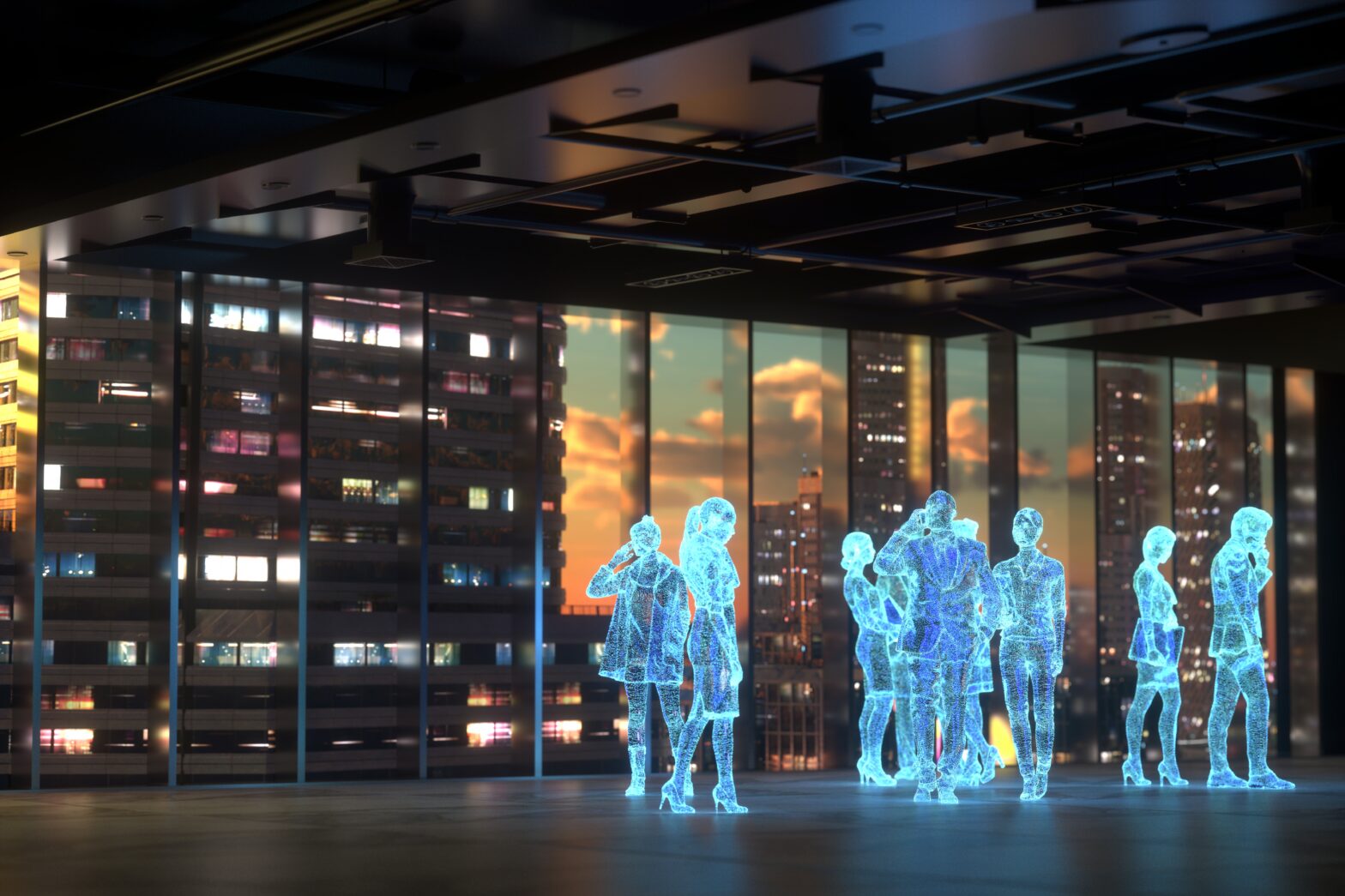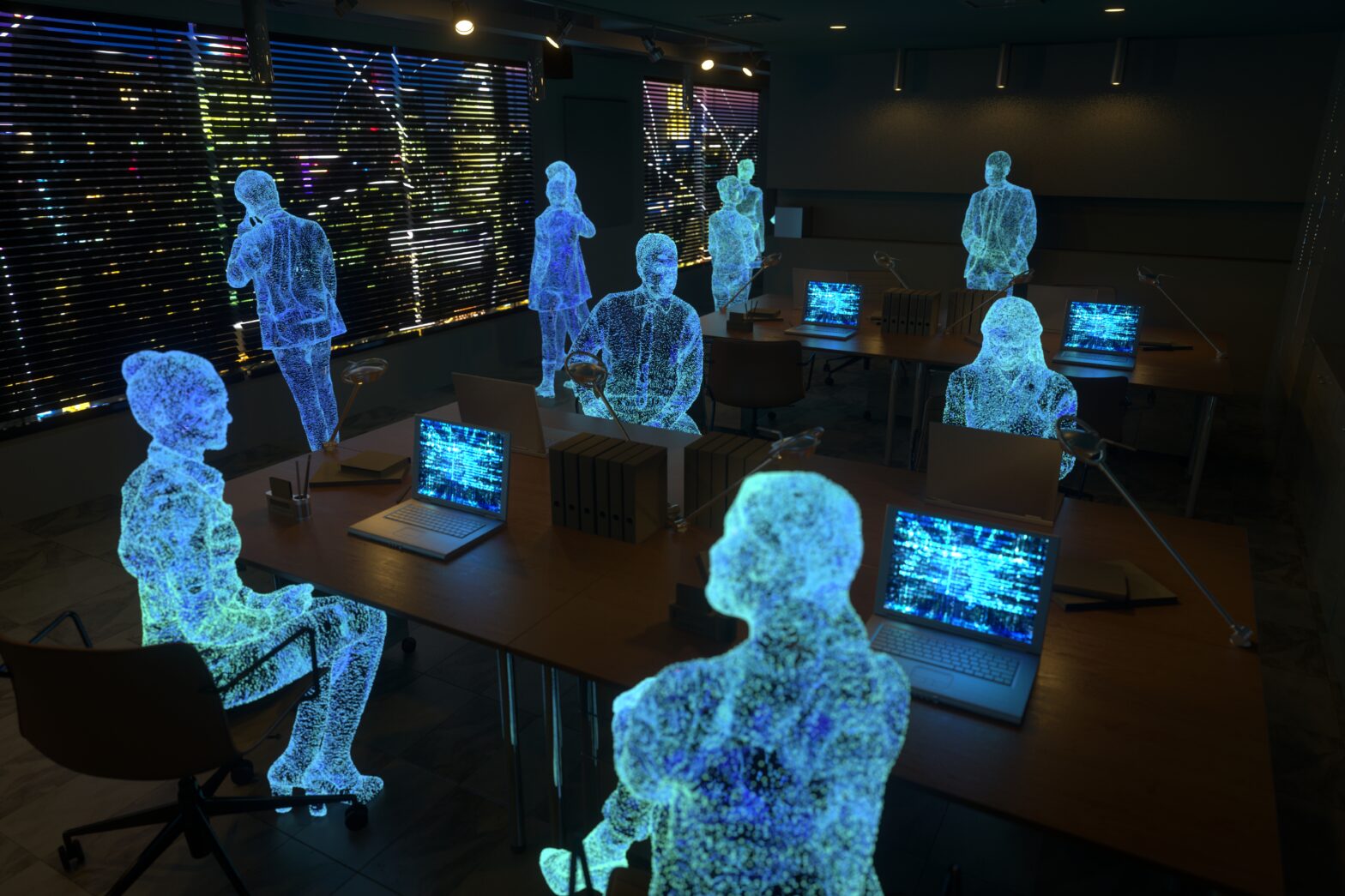Virtualisation is leading the latest charge to rip the PC from the desktop. IT veterans might be tempted to turn the page already – we’ve been here before, and the thin client idea has been hyped to no avail many times. Sun and Oracle’s promise that “network computing” would replace the Windows box on every desk is a decade old, and proving hard to keep.
But the idea has persisted, the technology evolved and this time around the drive to centralise has the backing of senior management, eager to rid themselves of the costly, under utilised and insecure desktop.
I was recently talking to two data centre managers, both at large financial services companies: they were already starting to sweat at the prospect of adding 6,000 PCs, in some form, to their full-to-capacity data centres.
This, they feared, would exacerbate their existing struggles with heat generation and power consumption, and could demand investment in more real estate. But because non-IT executives have – finally – got wind of the costs and challenges associated with managing and securing a distributed PC estate, they are pushing IT for a centralised system. “It’s a train we can see coming down the tracks and we can’t avoid it,” one told me.
As with many IT topics that grab executives’ attention, compliance adds impetus to the drive for a locked-down desktop, which would, for example, prevent employees running off with customer data on a USB thumb drive. Within IT, support and admin teams will relish simplified installation and fewer reasons to leave the IT department to fix users’ PCs.
And there are other topics adding to the momentum: Sun’s new ally against the desktop’s hegemony is the environmental lobby.
Whether green credentials or red ink are driving it, virtualisation is the technology that makes centralisation cost-effective. Even if the process it enables meets with resistance from some levels of IT, it is a development that no manager can afford to ignore.
• Information Age’s Future of the Data Centre conference, held in London on 6-7 June, will address the challenges facing IT managers, from how to cope with rising heat and power, to how to build an infrastructure that is responsive to business needs. To register for a free place, visit www.fdc2006.com









